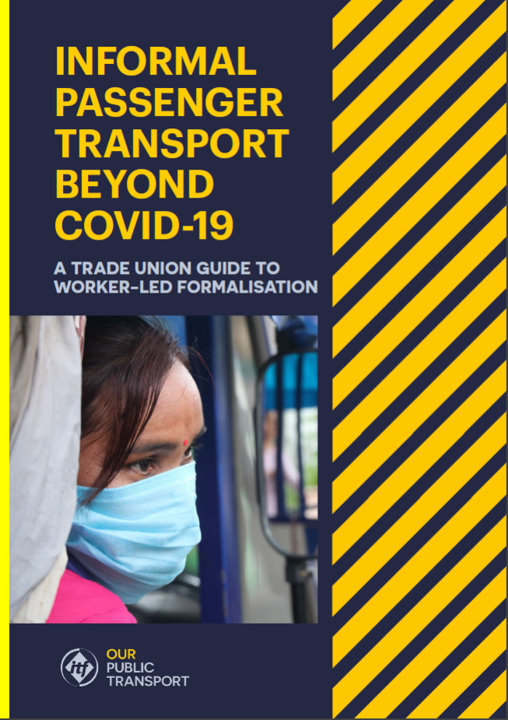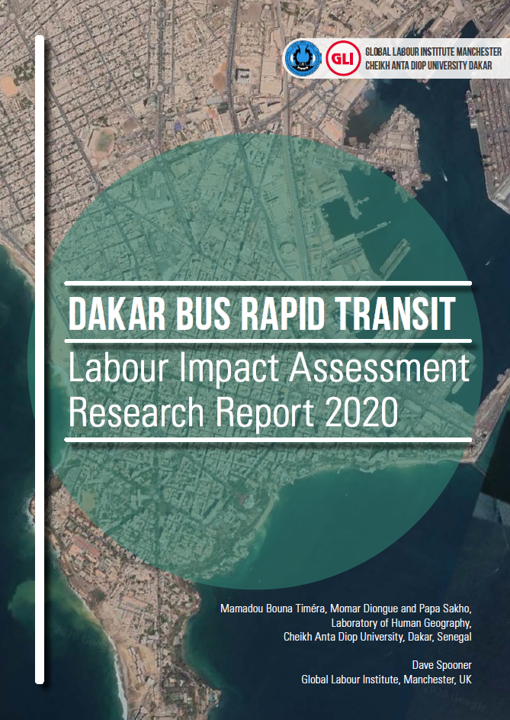Accra’s passenger transport system is dominated by a large paratransit industry, primarily informally operated buses and minibuses (“trotros”) and motorcycle taxis (“okada”) and taxis. In common with most major African cities, Accra’s streets are highly congested. The paratransit industry has also become notorious for inefficiency, violent criminality, pollution and corruption.
On the other hand, it offers cheap transport essential for the more than four million commuters and is highly flexible and responsive. It also informally employs hundreds of thousands of people in a city where earnings are poor and where employment is scarce.
The transformation of Accra’s informal public transport into a more efficient, less congested and more environmentally sustainable system is a critical issue for national and local government in Ghana.
This report analyses the paratransit industry in the Greater Accra Metropolitan Area (GAMA) from a socio-economic perspective. It provides a description of the informal transport workforce in Accra, including those working in the trotro minibus, taxi and okada (motorcycle taxi) industries. It examines workforce characteristics, livelihoods and employment relationships, provides in-depth economic profiles of operations, identifies key issues, and considers options for formalisation.
The main objective is to support a public transport reform and streamlining of the highly fragmented paratransit sector. The findings, analyses and recommendations are meant to support a constructive engagement with stakeholders
The report is based on research undertaken by GLI in 2021 in partnership with the University of Cape Coast and transport trade unions in Ghana, as part of a broader project with Transitec Consulting Engineers and Organisation Development Africa (ODA), commissioned by the Ghana Urban Mobility and Accessibility Project (GUMAP) of the Ministry of Local Government and Rural Development.



